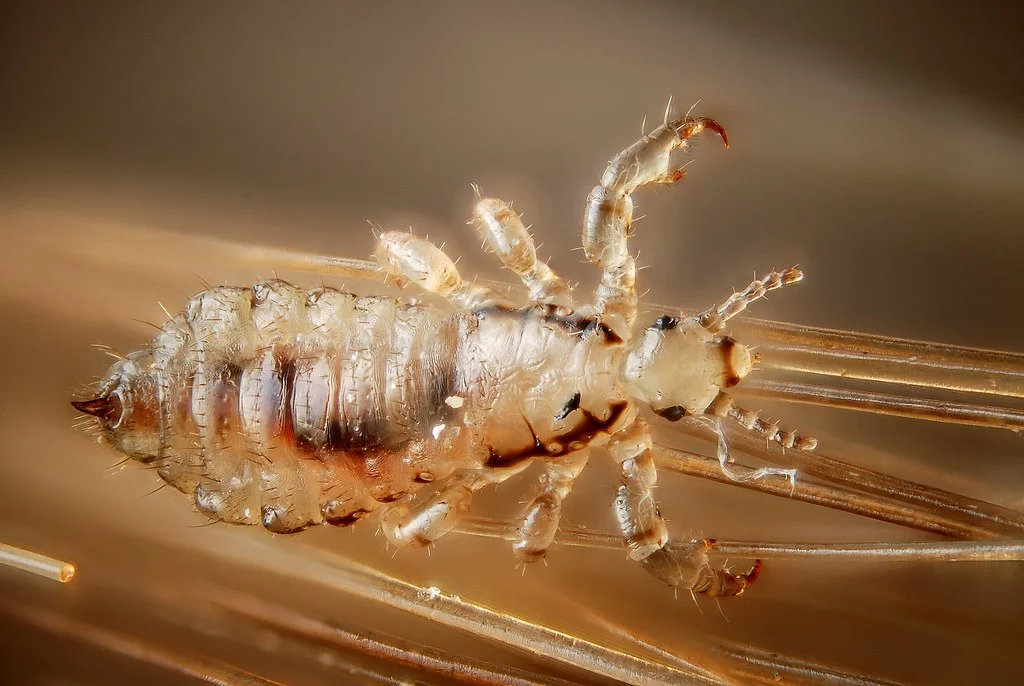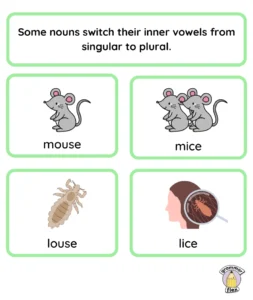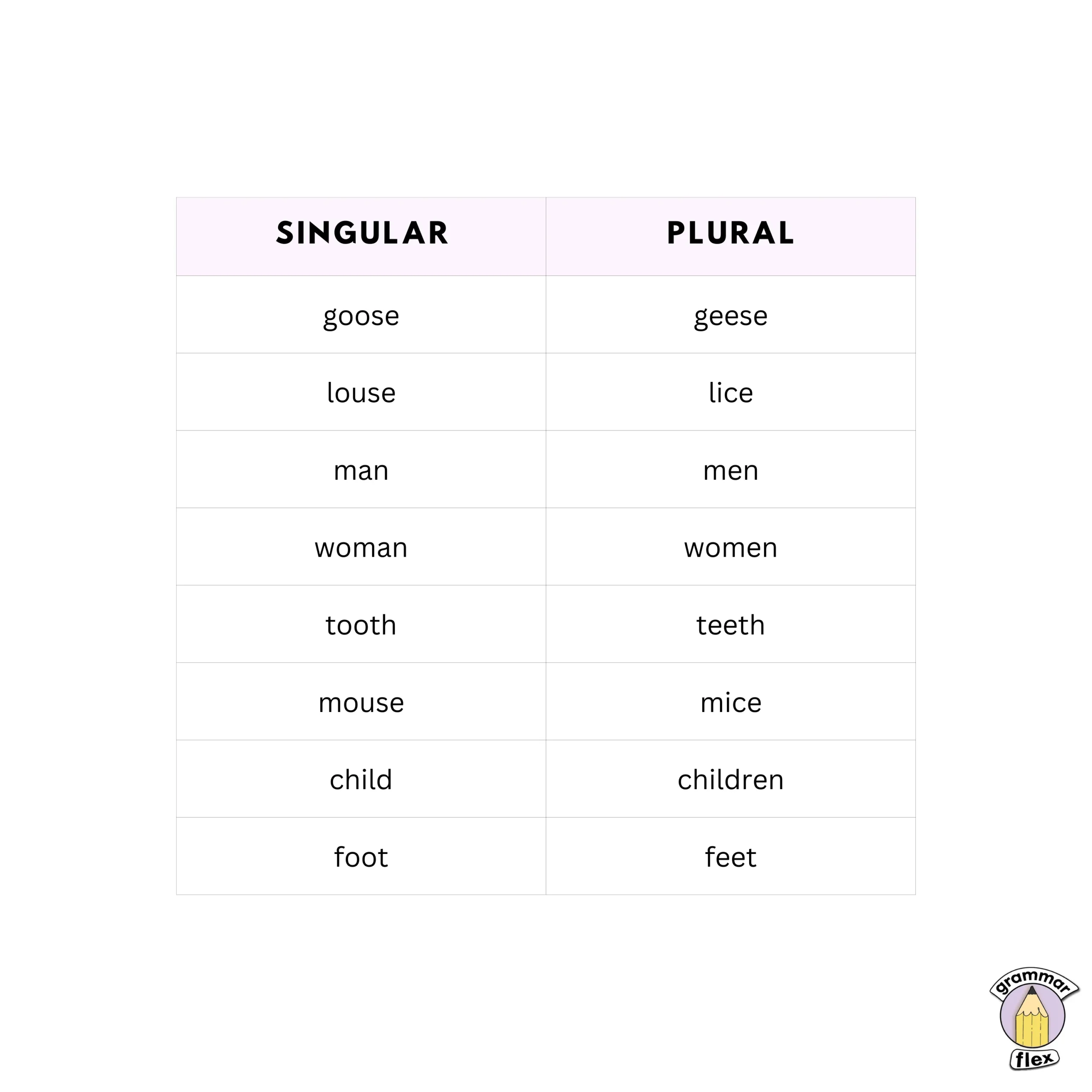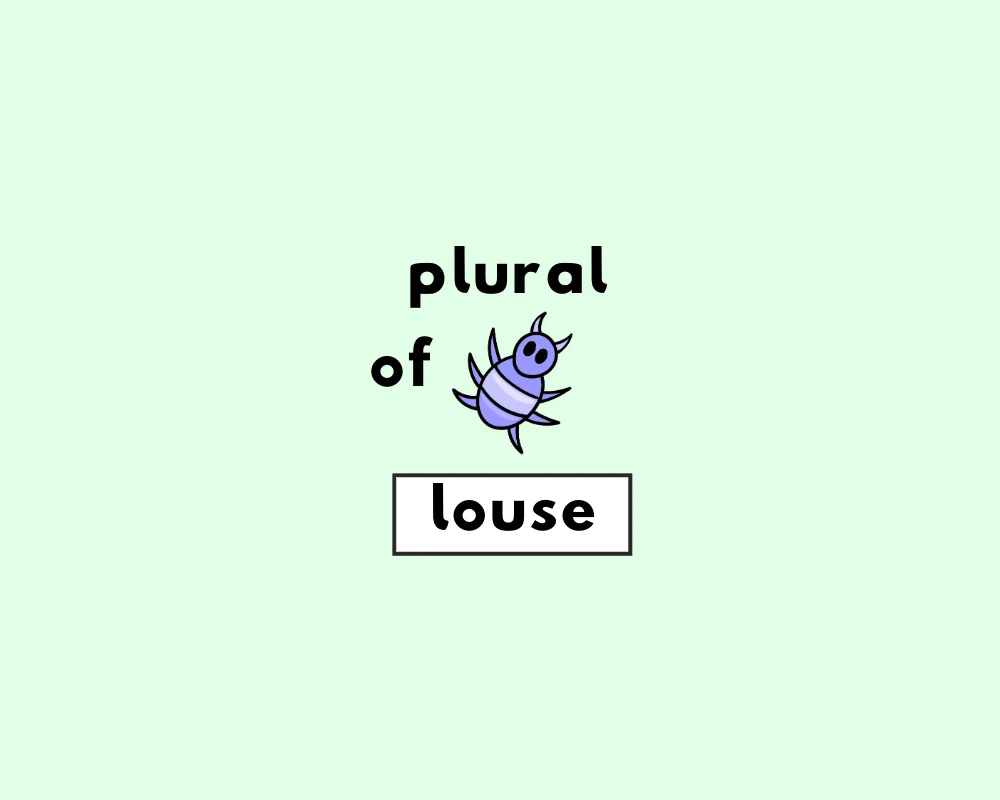
Is “lice” plural or singular?
When referring to the noun, and parasitic, wingless insect, the plural of a louse is lice. This makes lice singular a louse.
Unless studying them under a microscope, lice live in groups. Like many other herd species, we mostly refer to them in their plural noun form because we refer to them as a collective. A louse, singular, is much less commonly used than it was in the past because of its increasing obsoleteness. Lice is steadily becoming the more commonly used plural and singular form to refer to these blood-sucking (and truly vampiric) creatures.

What’s the singular of lice?
The singular of lice is louse. However, lice, in modern English, is increasingly used to refer to both the singular and plural of lice (this is because they live in large numbers, and we rarely refer to just one louse. Like fish and deer, lice operate in families and groups.
Unlike fish and deer, the technical plural and singular of lice/louse is not the same, as it is with other herd animals; such as, sheep, deer, moose, and fish (all of which remain the same in both their plural and singular forms.)
Why is lice the plural for louse?
Lice is an irregular plural noun form in English. Remember: regular plural noun forms use the suffixes -s or -es to show count (or plurality.) See the following familiar regular plural noun forms:

Regular plural nouns chart. By Gflex on Canva.
Plural nouns that take on -s are straightforward: dog plural = dogs, cat = cats, dolphin = dolphins; elephant, elephants, and so forth. This is what makes English a particularly tricky and nuanced language. There are always exceptions, idiosyncrasies, and peculiarities that can sometimes be difficult to make sense of.
The reason why louse conjugates to lice as a plural form likely has to do with its place of origin. Like mouse, which shares the same singular/plural pattern as lice, (i.e., mouse = mice; louse = lice) the louse has a convoluted history. Both mouse and louse share the same Proto-Germanic origin, and are rooted in Old Norse, Old Frisian, Middle Dutch, Danish, Swedish, Dutch, and German languages.
Louse in Old English is lus; mouse is mus; and these are notably German (or Proto-Germanic) common nouns. PIE (Proto-Indo-European) languages used the regular plural noun form of the -s/-es suffix; nevertheless, there were other forms of possible plural forms of nouns than just regular plural. One of these other ‘irregular’ plural forms that the PIE languages developed is what’s called the I-mutation, I-umlaut (pronounced uhm-lout.) The name sounds stuffy and technical; but it’s fairly simple. See the following chart that showcases irregular plurals (and effects of the I-umlaut.)

Try identifying a common theme or pattern present in the irregular plural noun forms shown above. Each is irregular, but they are similarly irregular. All point to the I-umlaut: modifying the vowels to reflect the plural noun form. For goose (derives from the German gans) the double o’s are replaced with double e’s. The same rule applies for tooth and foot. The I-umlaut, brought down from the Germanic languages, reflects plurality through a modification in vowels; more specifically, “the raising and fronting of a root vowel in anticipation of “i” or “y” sound in a suffix.”
Examples of lice used in application
The following sentences show the correct use of the word lice in context:
1. Lice are tiny, wingless insects that feed on human blood. (Mayo Clinic, lice.)
2. Lice spread diseases such as typhus.
3. Lice spread from person to person through close contact and by sharing belongings. (Mayo Clinic, lice.)
4. Common signs and symptoms of lice includes extreme ichiness and irritation of the scalp and body.(Mayo Clinic, lice.)
5. Lice cannot survive for long if removed from their host. (Mayo Clinic, lice.)
Examples of louse used in application
The following sentences show the correct use of the word louse in context:
1. The female louse produces a sticky substance that firmly attaches each egg to the base of a hair shaft. (Mayo Clinic, lice/louse.)
2. The body louse has the smallest genome of any known insect; it has been used as a model organism and has been the subject of much research. (Wikipedia, louse.)
3. Louse is the common name for any member of the clade Phthiraptera, which contains nearly 5,000 species of wingless parasitic insects. (Wikipedia, louse.)
4. A louse was one of the early subjects of microscopy, appearing in Robert Hooke‘s 1667 book, Micrographia. (Wikipedia, louse.)
5. A louse’s color varies from pale beige to dark gray; however, if feeding on blood, it may become considerably darker. (Wikipedia, louse.)
Collective nouns of louse/lice (and related terms)
Lice live in groups, and collectively are called nests of lice. Nits are eggs laid by a female louse.
Origin of the word lice/louse
Old English lus, from Proto-Germanic lus (source also of Old Norse lus,) of Photo-Indo-European origin.
That way we know you’re part of the #GFlexFam. Share a fun fact! Tweet #FunFact at @GFLex (#GFlexyourgrammar!) That way we know you’re part of the #GFlexFam. The more you know: head lice, as it turns out, are vampiric and folkloric insects. Like mosquitos, lice are blood-sucking, wingless insects that survive by feeding on scalp 3-4 times a day. They’re a pretty gnarly specimen!
What’s the difference between they’re, their, and there?
Sources
- Mayo clinic: lice
- Facts and myths: lice clinic
- Plural of animals quiz
- Wikipedia on louse
- Etymology of louse
- Origin of mouse
- CDC on parasites: lice
- I-mutation










